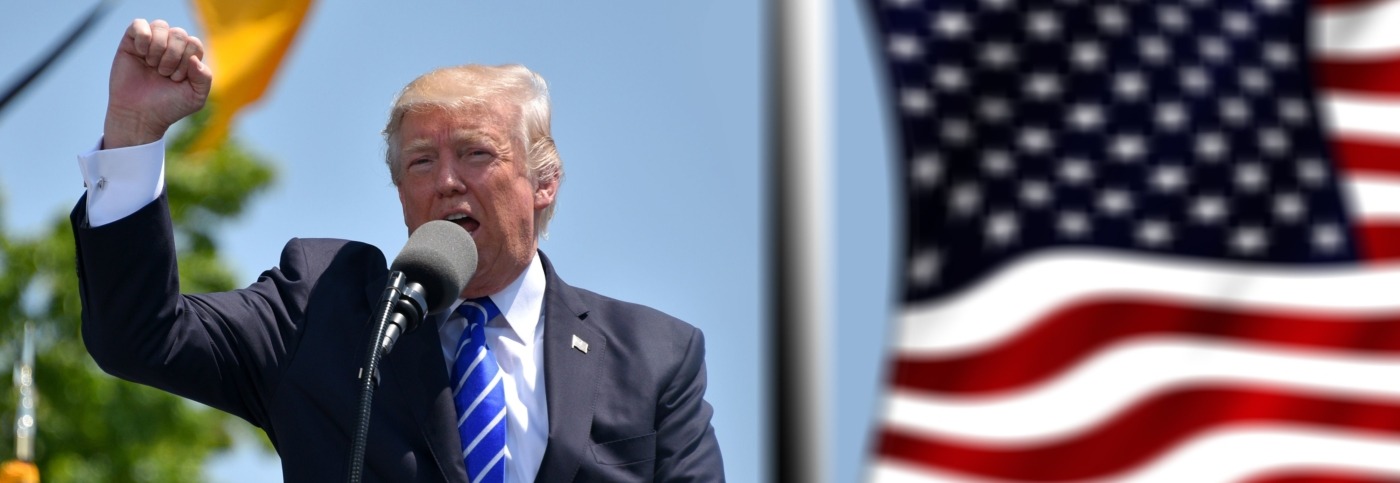Warwick research says Facebook advertising increased Trump turnout in 2016
A research paper from the University of Warwick, alongside ETH Zurich and the University Carlos III in Madrid suggests that Facebook marketing campaigns made a concrete difference to the voting patterns of Americans in their 2016 elections.
The paper is believed to be the first of its kind, showing the statistical trends which work towards confirming that Trump’s success in the elections was partially due to his targeted social media campaigns.
The research does not refer to his Twitter account, or viral media stories media, but rather to micro-targeted advertising campaigns which cost the Trump campaign 44 million dollars, according to internal documents seen by Bloomberg.
With the help of Facebook’s wealth of information about its users, which includes gender, location, age, educational level and past political allegiances, presidential campaigns for the 2016 elections were able to micro-target potential voters.
The authors of the paper found that for the Trump campaign, voting turnout increased by 10% for core Republicans heavily targeted by the campaign.
Moderates were also affected disproportionately by the Trump campaign compared to the Clinton campaign, which cost 28 million dollars and made no convincing difference to either the moderate vote or the Democrat turnout, according to the research findings.
The paper also concluded that social media does not provide as high a level of political knowledge as traditional newspapers, implying that votes from uninformed voters will increase, potentially leading to the success of campaigns often branded as “populist” such as that of Trump and Brexit.
For the Trump campaign, voting turnout increased by 10% for core Republicans heavily targeted by the campaign
Dr Antonio Russo of ETH Zurich, who worked on the paper, thinks that increased public involvement in democracy is positive, no matter the consequences. In reference to social media stimulating political participation in those who would have otherwise lost interest he said: “In a world where confidence in democracy is dwindling, I believe this is good news”.
This contradicts previous thinking by academics such as Cass Sunstein, that micro-targeting algorithms create “echo-chambers” which reinforce extreme or unqualified views. Thinkers such as Sunstein believe that these narrow artificial environments are not compatible with a democratic society, as it restricts open discussion and increases bipartisan political polarisation.
Dr Michela Redoano, Associate Professor in the University of Warwick Department of Economics said: “Digital campaigning is much cheaper than campaigns in traditional media also thanks to the exploitation of social networks, it is easily accessible, and it is virtually free of regulation.
“Thanks to predictive analytics, companies like Facebook offer a toolkit for targeting voters at an extremely granular level based on their previous online behaviour. These online campaign channels are potentially very powerful political instruments.
“It is therefore vital that we understand how political campaigns on social media work, their impact on voter behaviour, and, ultimately, on election results.”
A first-year PPL student, Georgi Williams, voiced the worry that “those who are less educated politically succumb to clever tricks or persuasive talk and become targets who just follow what they’ve been subliminally told”.

Comments
Comments are closed here.